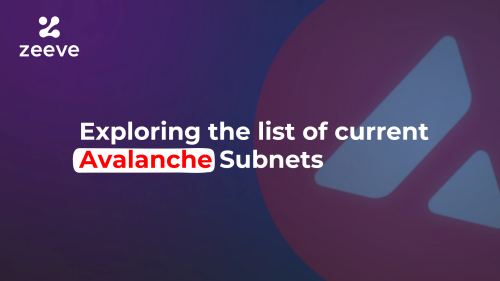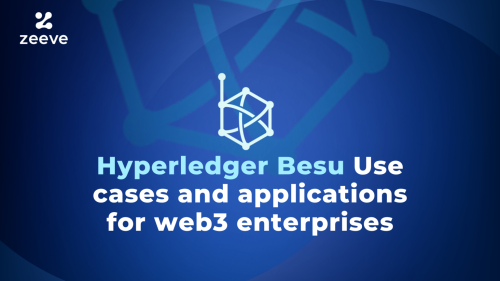Data Analytics & Artificial Intelligence to Bring Security & Accountability to Cryptocurrency
New Economic Reality: Cryptocurrencies
For thousands of years, governments around the world maintained sovereignty over their currency. They minted coins, printed money and set the rules for supply, demand, exchange rates, interest, and other economic factors. However, that all began to change in 2009. What started as a novelty by a few people trading a digital token called bitcoin via open source software and protocols has mushroomed into 2% of the global economy. In less than ten years, this token has become a cryptocurrency. It has spread to almost every country in the world and has spawned over 1,000 other currencies. Tokens and cryptocurrencies are being used in virtually every industry and in many cases operate completely outside the traditional banking system. And, while only 1% of the world’s population own cryptocurrency, nearly 20% of college students own cryptocurrency. So, yes the percentage is still small. But, the growth rate and the trends are alarming to governments around the world. If this trend continues, governments around the world face some major challenges.
The Problem
Traditionally governments have required banks and financial institutions to monitor, track and report activity that was potentially criminal or nefarious. They have depended on banks and other financial institutions to support law enforcement. They demanded that banks “Know Your Customer” (KYC) and help with Anti-Money Laundering (AML) efforts. However, cryptocurrencies do not necessarily pass through banks. Transactions are conducted from peer-to-peer. Entirely new ecosystems outside of the national banking system are springing up including decentralized exchanges, open source wallets, and cryptocurrency debt cards. Borders and national laws and regulations are irrelevant to cryptocurrencies. In other words, governments will be losing their ability to enforce their own financial controls. The traditional methods and tools used to monitor, report and prohibit fraudulent and illegal activities will no longer be effective.
In fact, it is no secret that criminals have used Bitcoin in a wide range of financial crimes, including:
- The sale of illicit goods
- Terrorism financing
- Money laundering
- Ransomware
Bitcoin is considered “a currency for criminals”, as are some other Cryptocurrencies today. Yesterday’s search and analytic technologies weren’t build to handle the way today’s mass of cryptocurrency data is encoded. In other words, Yesterday’s gatekeeper’s don’t know how to spot today’s criminals.
The Solutions
The Government Blockchain Association is launching a working group to study how data analytics and artificial intelligence can be used to bring security and accountability to cryptocurrency with trusted data-analysis and risk-scoring capabilities for blockchain/Bitcoin and other cryptocurrencies. Additional topics to be studied and evaluated include:
- Use of machine learning and data scraping methods to help organizations recognize the implicit ‘Audience”
- Identify compliance issues, and cross-departmental intelligence using data
- Generating key metrics on public wallets.
- Generating information about the wallet: Whether it is a personal, professional saving, or trading account;
- Also generating information on the authenticity of the funds and using Big Data Query to automatically categorize aggregate data about the owner.
- Streamlining regulations and compliance scrutiny with business intelligence.
We intend to work with Government Blockchain Association (GBA) member companies like the Blockchain Intelligence Group, who are industry leaders in this field. We are in the process of establishing the project team. The output of this project will be a white paper and powerpoint presentation that will be distributed to all GBA Chapters around the world and published on the GBA platform and promoted on social media. If you are interested in participating in this project, please contact Royce Leon D’Souza.







Responses